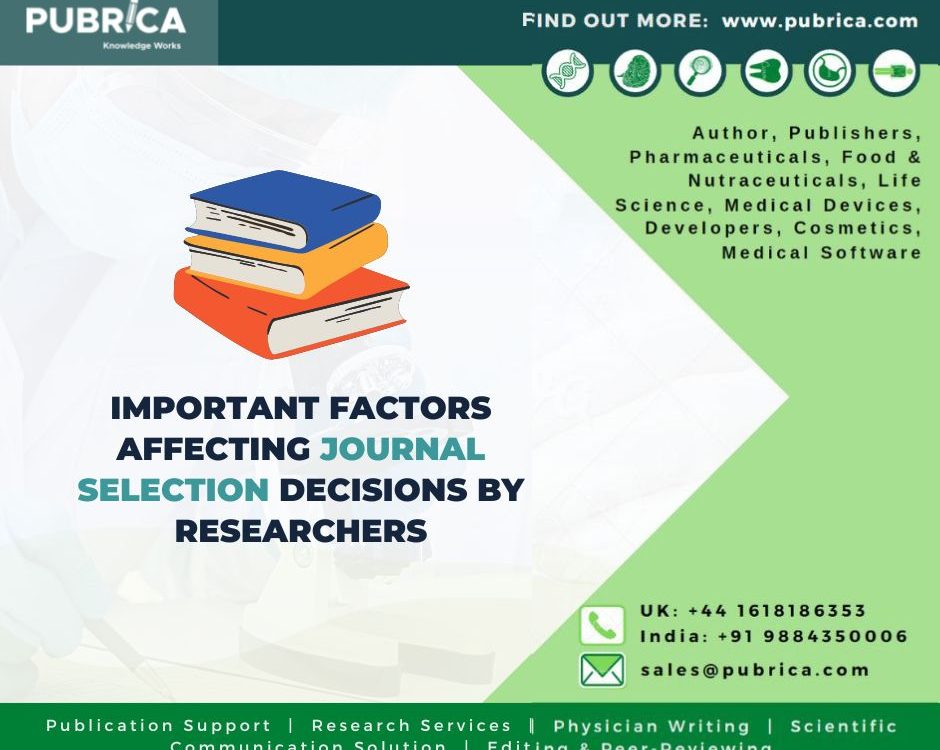
Open access publication has come of age
November 1, 2018
Ridding the guess work out of journal selection
November 2, 2018Stopping predatory publishers in their tracks
Be wary of the shenanigans in the publishing industry; heed Pubrica’s advice on how to steer clear of the danger zone.
In the publishing industry, we witness predatory journals publishing a lot of articles and this trend always seems to go north; predatory journals are dubious publishers and they target aspiring researchers who are new to the industry because these publishers accept any grade of research work. Neither quality check nor peer review (and other lacunas). Hence, their inept, broken publishing process comprises the integrity of naive researchers who happen to pay a publishing fee. The so-called scholarly institutions fall short of publishing standards in scientific and scholarly research. For publishing shenanigans, blindly accepting (that too for a fee!) and publishing low key research is the order of the day. Such research articles elude the index of top databases such as Medline; from their websites to processes to interaction—nothing seems to be right with predatory publishers and as a researcher, this is first and last thing you need to be cognizant of.
Who falls prey to predatory publishers?
Developing nations have limited financial sources, inept infrastructure, shortage of training and it is exactly in such countries that researchers are vulnerable to false publishers. When you consider students and newbie researchers, their antennas go up at the notion of swift acceptance and quick publishing. But publishing a research work is a cumbersome process that takes time, industry, and quality. Only quality work stands the test of time, any other form of success is temporal.
Authors hailing from advanced nations are not immune and some of them too are caught up on in the mirage of fast publishing. Here’s what: Pubrica authors analyzed close to 3,100 research papers from 210 suspicious predatory publishers and the results were astonishing. The fallout? More than 50% of those papers and their respective authors hailed from top or above-middle grade income nations and they submitted papers from agencies across USA.
An impending issue that needs attention
This uncomfortable truth deserves attention, imminently. Many are not aware of the gravity of the situation; lots of researchers are ill-informed on the issue. Pubrica found that unavailable information led to irreproducible experiments. Forty percent of the work carried on animals and humans sought permission from ethics counsel whereas greater than seventy—ninety percent of research papers from regular high-grade journals sought ethics committee’s go-ahead for investigations (animal and human).
Thwarting or stopping the malaise
Publications executive, Kelby Covey, at the Winnipeg Hospital Research Institute (one of the authors of The Lancet), is responsible for enlightening researchers and navigating them in their journal submission. He guides them to thwart and refrain from thinking about predatory journals—knowingly or unknowingly. “Regrettably, many scholarly institutions do not have team members with comparable roles and so what else do we need to do to halt the danger of predatory publishers in scientific research publishing?” He questions.
One thing that we can do is to act swiftly. Start by creating a public awareness on such suspicious publishers. Issue clear warnings and guide newbie researchers on the ramifications of poor quality work. To ensure publication integrity, funding bodies, research agencies, and top publishers must work in harness rid the malaise.
Advancing funds for open-access publishing is also the key to solve the problem. Also, consider these points: 1) ascertain dubious journals; 2) track grants and grantees; 3) submit letter stating previous submissions; 4) double-check publication in directory of open access journals; and, 3) develop tools to support the previous 2 points.
To conclude, the publishing fraternity will go a long way in weeding out unethical publishers by implementing the aforementioned points.



